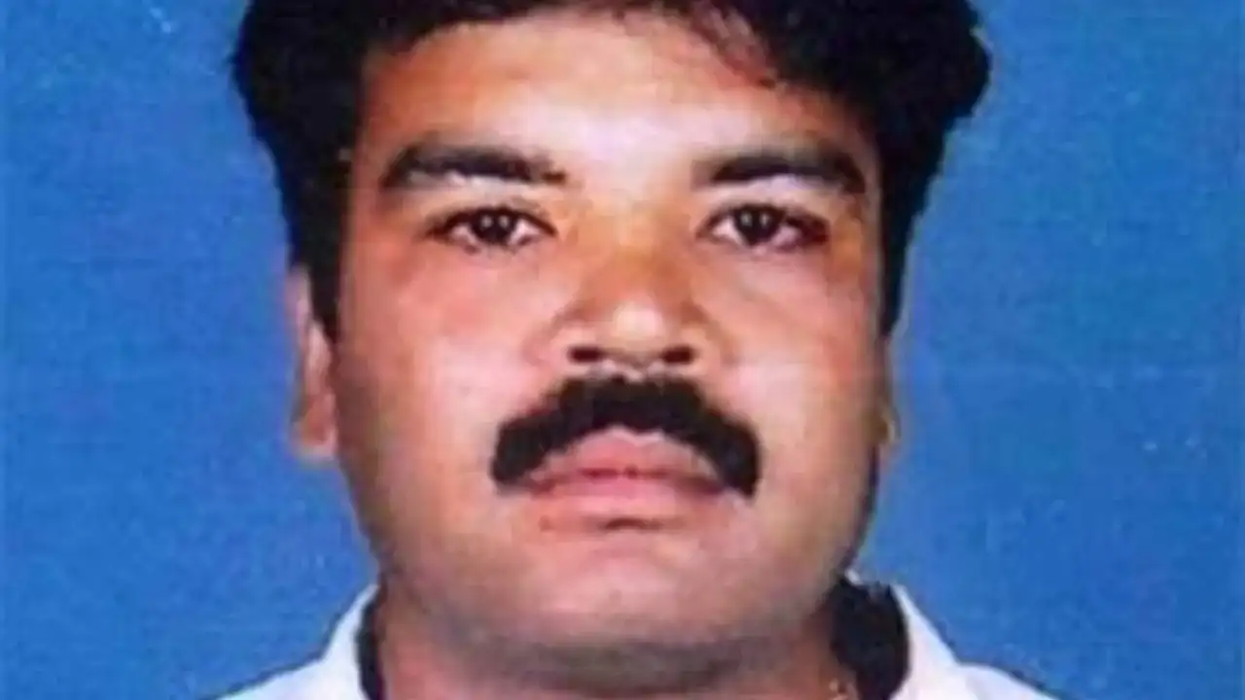BANGLADESH's former government was behind systematic attacks and killings of protesters as it strived to hold onto power last year, the UN said Wednesday (12), warning the abuses could amount to "crimes against humanity".
Before premier Sheikh Hasina was toppled in a student-led revolution last August, her government oversaw a systematic crackdown on protesters and others, including "hundreds of extrajudicial killings", the UN said.
Publishing findings of its fact-finding inquiry into events in Bangladesh between July 1 and August 15 last year, the UN rights office said it had "reasonable grounds to believe that the crimes against humanity of murder, torture, imprisonment and infliction of other inhumane acts have taken place."
These alleged crimes committed by the government, along with violent elements of her Awami League party and the Bangladeshi security and intelligence services, were part of "a widespread and systematic attack against protesters and other civilians... in furtherance of the former government's (bid) to ensure its continuation in power," the report said.
Hasina, 77, who fled into exile in neighbouring India, has already defied an arrest warrant to face trial in Bangladesh for crimes against humanity.
The rights office launched its fact-finding mission at the request of Bangladesh's interim leader Mohammed Yunus, sending a team including human rights investigators, a forensics physician and a weapons expert to the country.
Wednesday's report is mainly based on more than 230 confidential in-depth interviews conducted in Bangladesh and online with victims, witnesses, protest leaders, rights defenders and others, reviews of medical case files, and of photos, videos and other documents.
The team determined that security forces had supported Hasina's government throughout the unrest, which began as protests against civil service job quotas and then escalated into wider calls for her to stand down.
The rights office said the former government had tried systematically to suppress the protests with increasingly violent means.
It estimated that "as many as 1,400 people may have been killed" in that 45-day time period, while thousands were injured.
The vast majority of those killed "were shot by Bangladesh's security forces", the rights office said, adding that children made up 12 to 13 per cent of those killed.
The overall death toll given is far higher than the most recent estimate by Bangladesh's interim government of 834 people killed during the protests.
'Rampant state violence'
"The brutal response was a calculated and well-coordinated strategy by the former government to hold onto power in the face of mass opposition," UN rights chief Volker Turk said in a statement.
"There are reasonable grounds to believe hundreds of extrajudicial killings, extensive arbitrary arrests and detentions, and torture, were carried out with the knowledge, coordination and direction of the political leadership and senior security officials as part of a strategy to suppress the protests."
Turk said the testimonies and evidence gathered by his office "paint a disturbing picture of rampant state violence and targeted killings".
In some documented cases, "security forces deliberately killed or maimed defenceless protesters by shooting them at point blank range", the report said.
It also documented gender-based violence, including threats of rape aimed at deterring women from taking part in protests.
And the rights office said its team had determined that "police and other security forces killed and maimed children, and subjected them to arbitrary arrest, detention in inhumane conditions and torture."
While protests were still ongoing, the report also highlighted that some elements in the crowds committed "lynchings and other serious retaliatory violence" against police and Awami league officials or supporters.
"Accountability and justice are essential for national healing and for the future of Bangladesh," Turk said.
He stressed that "the best way forward for Bangladesh is to face the horrific wrongs committed" during the period in question.
What was needed, he said, was "a comprehensive process of truth-telling, healing and accountability, and to redress the legacy of serious human rights violations and ensure they can never happen again."
(AFP)


















 All eyes on Donald Trump Jr and Bettina Anderson as their PDA grabs attention before Trump’s arrivalGetty Images
All eyes on Donald Trump Jr and Bettina Anderson as their PDA grabs attention before Trump’s arrivalGetty Images  Donald Trump Jr and girlfriend Bettina Anderson steal the spotlight with PDA at New Jersey airportGetty Images
Donald Trump Jr and girlfriend Bettina Anderson steal the spotlight with PDA at New Jersey airportGetty Images  Donald Trump Jr. and Bettina Anderson depart the White House to attend the Military ParadeGetty Images
Donald Trump Jr. and Bettina Anderson depart the White House to attend the Military ParadeGetty Images  Bettina Anderson and Donald Trump Jr spotted in a candid moment Getty Images
Bettina Anderson and Donald Trump Jr spotted in a candid moment Getty Images  Donald Trump Jr. with Bettina Anderson ahead of US President Donald Trump's addressGetty Images
Donald Trump Jr. with Bettina Anderson ahead of US President Donald Trump's addressGetty Images 
